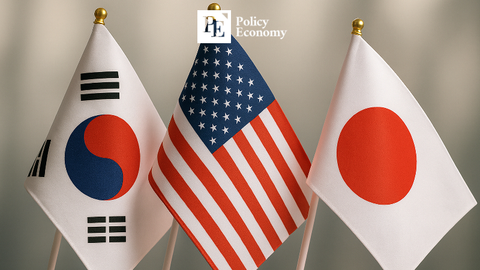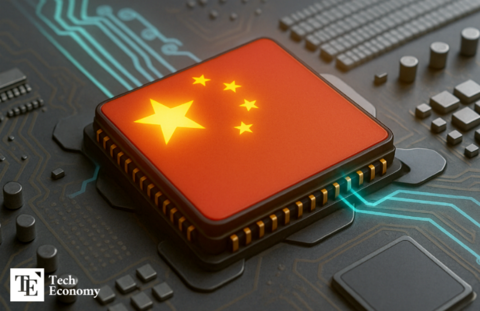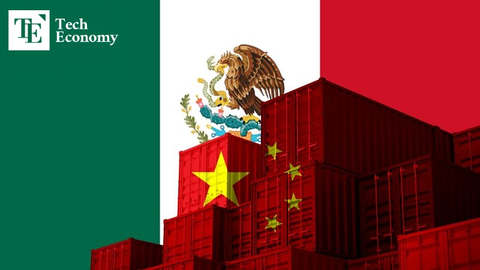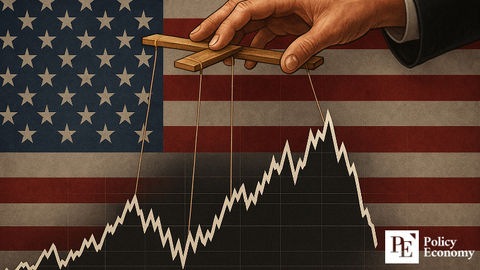Zelenskyy and the Art of the Deal with Putin: Trump's Political Toy
Input
Changed
Trump's Leverage Play The EU's Predicament: Caught Between a Rock and a Hard Place The Real-World Consequences of Trump's "Game"
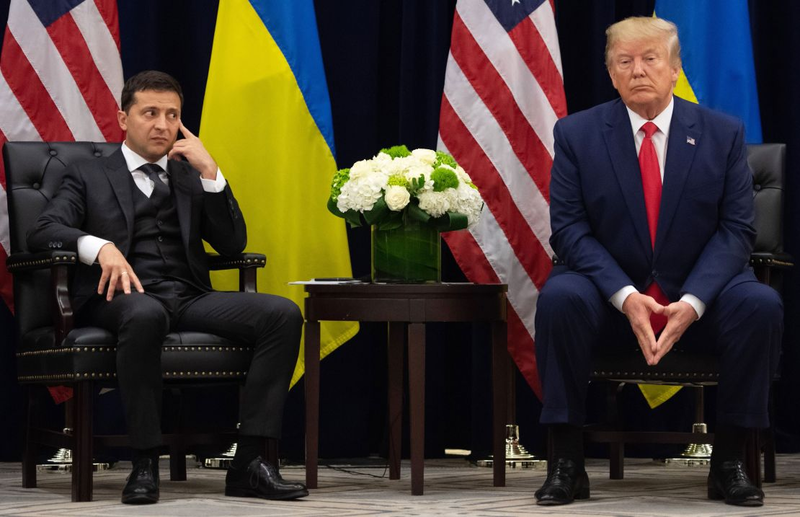
Source: Saul Loeb/AFP/Getty/ https://edition.cnn.com/2025/02/19/politics/putin-trump-ukraine-war-what-matters/index.html
Trump's Leverage Play
In the most recent instance of political theater, former U.S. President Donald Trump appears to have reduced Ukrainian President Volodymyr Zelenskyy to a mere pawn in a high-stakes game with Russian President Vladimir Putin. Trump has implemented a conventional negotiation strategy by designating Zelenskyy as a "dictator without elections," thereby establishing leverage to secure greater advantages. However, the implications of his words this time are not limited to mere political posturing; they have the potential to fundamentally alter the West's posture against authoritarian aggression and Ukraine's struggle for survival
Trump's remarks, which disparaged Zelenskyy as a dictator for postponing elections as a result of wartime martial law, were not made in isolation. This rhetorical attack appears to be designed to erode Ukraine's international reputation by compelling Zelenskyy to make concessions. Ukraine may be compelled to renegotiate its terms of support from the United States, potentially at the expense of territorial compromises with Russia, if Trump's influence within the Republican Party increases or if he secures another term in office.
Trump's approach is straightforward: He intends to undermine Ukraine's leadership in order to rationalize a change in U.S. policy that ultimately benefits him. His comments simultaneously establish him as an arbiter of democracy and foster a positive relationship with Putin. The irony is evident. If Ukraine, a nation that is defending itself against a Russian invasion, can be branded as undemocratic, then Trump will be able to doubt the support of European allies. This places them in an uncomfortable position: either they must continue to support Ukraine and risk being portrayed as supporters of an alleged "dictator," or they must step back and accommodate Trump's prospective return to the White House.
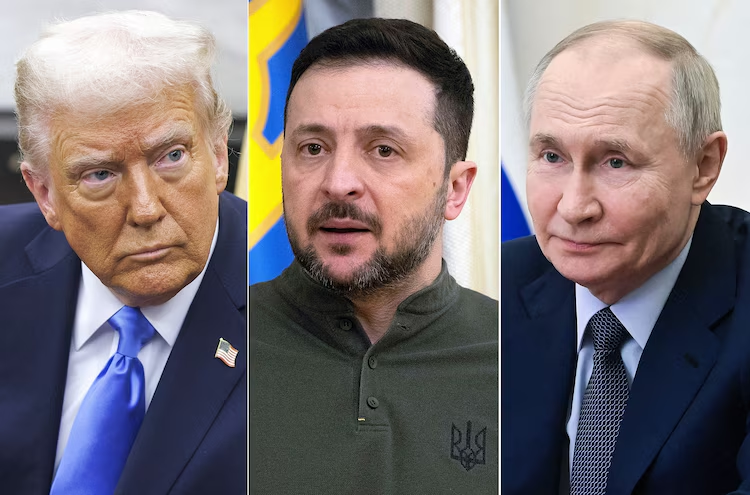
/ Source: AP/EPA-EFE/Shutterstock / https://abcnews.go.com/International/trump-putin-call-means-ukraine-analysis/story?id=118788646
The EU's Predicament: Caught Between a Rock and a Hard Place
The comments made by Trump are not only problematic for Ukraine, but they also place European leaders in an untenable position. His rhetoric implies a potential threat: if EU leaders persist in their support of Zelenskyy, they may be perceived as allies of a dictator. However, the truth is that Vladimir Putin is the genuine dictator in this geopolitical chess game
Zelenskyy's legitimacy was swiftly reaffirmed by German Chancellor Olaf Scholz and other European leaders, who dismissed Trump's accusations. However, the fundamental issue persists: if Trump perceives that they are not sufficiently supportive of his strategy, he may refer to them as "dictator sympathizers." In a world where political narratives are influenced by soundbites and headlines, even an unfounded accusation could erode diplomatic credibility.
Trump has already proven his capacity to manipulate the narrative. He sows doubt not only about Ukraine's democratic principles but also about the motives of its Western supporters by causing confusion regarding Zelenskyy's legitimacy. This strategy necessitates that EU leaders navigate a precarious balance between their strategic and moral obligations to Ukraine and their avoidance of Trump's manipulative rhetoric. Putin would obtain the upper hand, and Ukraine's defensive capabilities could be compromised if they abandon their support. A gut blow is the sensation that Trump's statements evoke for Ukrainians. The country has been steadfast in its efforts to combat Russian aggression, with the assurance of Western support. However, the former U.S. president's statements suggest a potential change in America's posture. If the leader of the Republican Party, and possibly the next U.S. president, questions Ukraine’s democratic legitimacy, what does that mean for continued military aid?
This situation is strikingly identical to the events that transpired in Korea in 1953. After three years of brutal conflict, the Korean War ended with the United States and its allies negotiating an armistice that left South Korea vulnerable. Many South Koreans felt abandoned by the West, betrayed by shifting geopolitical interests. Ukraine may now be experiencing a comparable sense of unease. If U.S. policy shifts under a prospective Trump administration, the country could be forced into unfavorable negotiations with Russia, much like how Korea was left in limbo after international attention waned.
Although Ukrainian officials have publicly maintained their resolve, there is dread in the private sphere. Ukraine may be compelled to negotiate with an emboldened Putin if Trump's statements result in a shift in U.S. foreign policy. The outcome could be calamitous, as it could result in the loss of territory, a weakened sense of sovereignty, and a victory for authoritarianism at the expense of democracy.
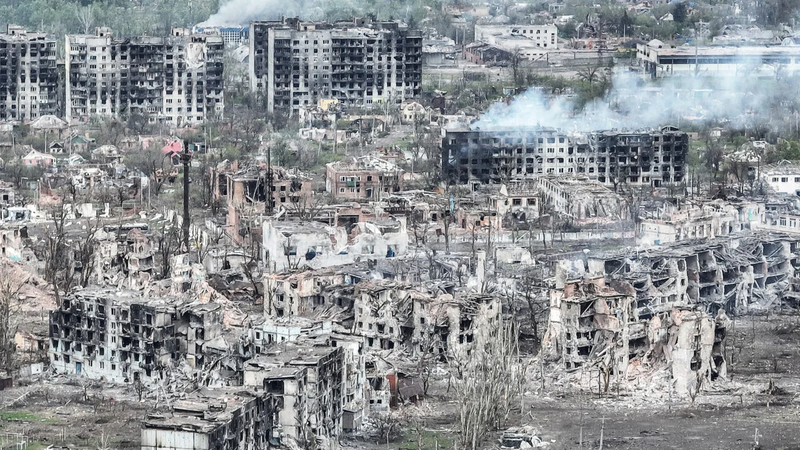
The Real-World Consequences of Trump's "Game"
Trump's remarks may have been intended as a negotiation tactic; however, the consequences are anything but trivial. This is not a business transaction in which he has the option to withdraw if the terms do not meet his needs. It is a war—a war in which democracy is at risk, a nation is contending for its survival, and real people are dying.
The designation of Zelenskyy as a dictator is not merely a political tactic; it generates genuine diplomatic repercussions that influence international support for Ukraine. The EU, which is already uncertain about its level of involvement, must now prepare for a potential U.S. shift away from unwavering support. Ukraine, which is currently on the front lines, must prepare for the possibility that its most significant ally may begin to regard it as a bargaining instrument rather than a partner.
Meanwhile, Vladimir Putin, the genuine dictator, observes from Moscow, likely entertained by the disorder that Trump's statements have incited. His position becomes increasingly robust as the West becomes increasingly fragmented. Additionally, if Trump persists in his political maneuvers regarding Ukraine's fate, he may be unintentionally (or perhaps intentionally) facilitating Putin's agenda.
Trump's accusations against Zelenskyy are not merely rhetoric; they are a strategic maneuver intended to establish leverage in a prospective future negotiation. He aims to substantiate a change in U.S. policy, coerce Zelenskyy into making concessions, and compel European allies to adopt a defensive stance by portraying Ukraine's leader as a dictator.
However, the most significant repercussion of this strategy may not be in diplomatic circles, but rather in Ukraine, where the reliability of their most potent ally is now being questioned by both soldiers and civilians. The echoes of history—from Korea in 1953 to innumerable other instances of Western wavering—are audible and evident. Ukrainians harbored the expectation that this occasion would be distinct. That prospect is currently in jeopardy.
Trump may discover that his "toy" Zelenskyy has evolved into more than merely a political instrument if he persists in this direction. He may soon be compelled to account for the harm he has inflicted, not only on Ukraine but also on America's credibility as a defender of democracy in the face of tyranny.




